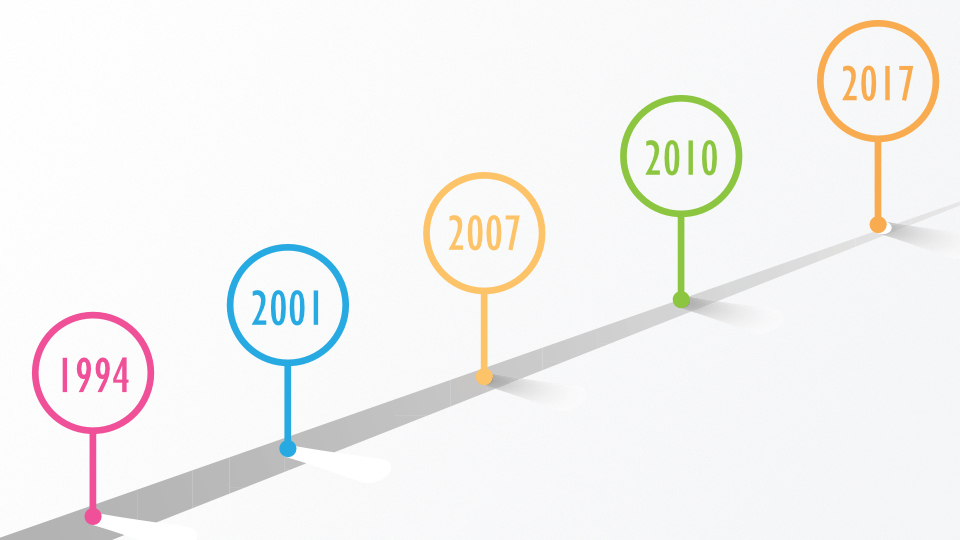Sexual harassment is, as decided in Davis v. Monroe County Board of Education, conduct that is “so severe, pervasive, and objectively offensive, and that so undermines and detracts from the victims’ educational experience, that the victim-students are effectively denied equal access to an institution’s resources and opportunities.”
FIRE has alerted us to a bill working through the California legislature that “would further entrench the state’s unconstitutional definition of sexual harassment in institutions of higher education.” According to FIRE:
The definition of sexual harassment found in California Education Code sections 212.5 and 66262.5, and referred to in AB 2683, falls well short of the Davis standard. It defines sexual harassment as:
[U]nwelcome sexual advances, requests for sexual favors, and other verbal, visual, or physical conduct of a sexual nature, made by someone from or in the work or educational setting, under any of the following conditions:
[ . . . ]
(c) The conduct has the purpose or effect of having a negative impact upon the individual’s work or academic performance, or of creating an intimidating, hostile, or offensive work or educational environment.
This definition is unconstitutionally overbroad because “verbal, visual . . . conduct” covers a wide range of otherwise protected expression. Under this definition, a single unwanted request for a date, a joke, and even discussions of serious sexual topics in class another student might find unpleasant or disagreeable, can be deemed “sexual harassment.”
The California legislature should reject or amend this bill to be consistent with the Davis standard, as it is an unconstitutional threat to free speech.
Read more at TheFire.org.
Thank You for Reading
If you like what you have read, feel free to sign up for our newsletter here:
About the Author
Related Posts
Sexual harassment is, as decided in Davis v. Monroe County Board of Education, conduct that is “so severe, pervasive, and objectively offensive, and that so undermines and detracts from the victims’ educational experience, that the victim-students are effectively denied equal access to an institution’s resources and opportunities.”
FIRE has alerted us to a bill working through the California legislature that “would further entrench the state’s unconstitutional definition of sexual harassment in institutions of higher education.” According to FIRE:
The definition of sexual harassment found in California Education Code sections 212.5 and 66262.5, and referred to in AB 2683, falls well short of the Davis standard. It defines sexual harassment as:
[U]nwelcome sexual advances, requests for sexual favors, and other verbal, visual, or physical conduct of a sexual nature, made by someone from or in the work or educational setting, under any of the following conditions:
[ . . . ]
(c) The conduct has the purpose or effect of having a negative impact upon the individual’s work or academic performance, or of creating an intimidating, hostile, or offensive work or educational environment.
This definition is unconstitutionally overbroad because “verbal, visual . . . conduct” covers a wide range of otherwise protected expression. Under this definition, a single unwanted request for a date, a joke, and even discussions of serious sexual topics in class another student might find unpleasant or disagreeable, can be deemed “sexual harassment.”
The California legislature should reject or amend this bill to be consistent with the Davis standard, as it is an unconstitutional threat to free speech.
Read more at TheFire.org.
Thank You for Reading
If you like what you have read, feel free to sign up for our newsletter here:
About the Author
Related Posts
More from Title IX for All
Accused Students Database
Research due process and similar lawsuits by students accused of Title IX violations (sexual assault, harassment, dating violence, stalking, etc.) in higher education.
OCR Resolutions Database
Research resolved Title IX investigations of K-12 and postsecondary institutions by the Department of Education’s Office for Civil Rights (OCR).
Attorneys Directory
A basic directory for looking up Title IX attorneys, most of whom have represented parties in litigation by accused students.






